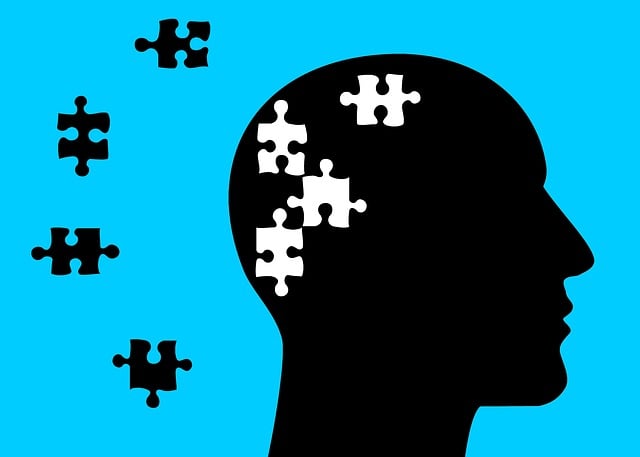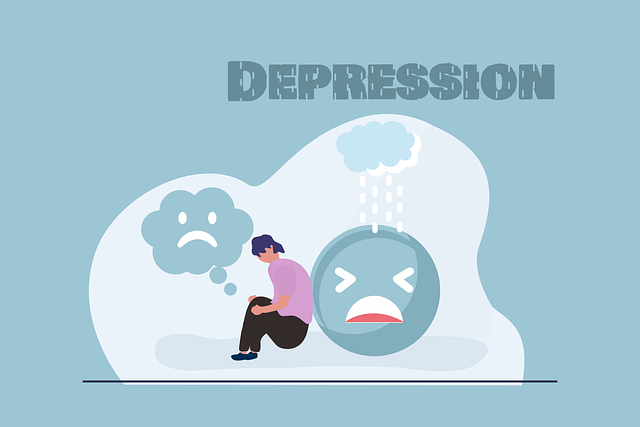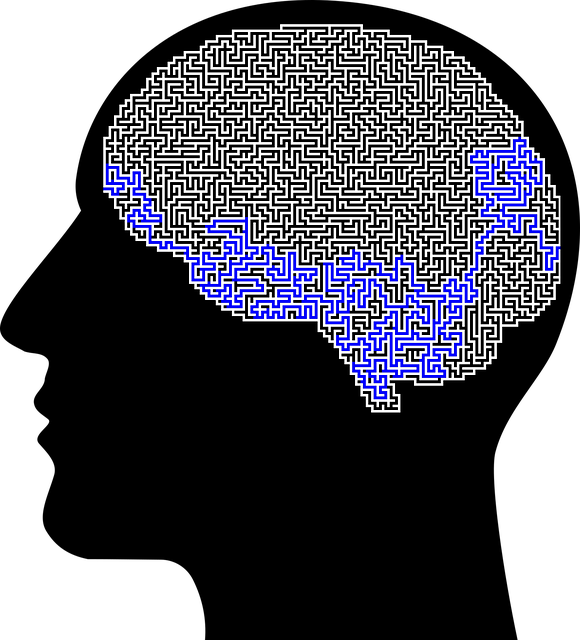Boulder Child Abuse Therapy offers a holistic approach to healing traumatized children, focusing on resilience through Recovery-Focused Methodology (RFM). Combining structured exercises like mindfulness and CBT with community outreach programs, they empower kids to cope with adversity. Tailored techniques, including exposure therapy and risk management planning, help children process trauma safely and build long-term coping strategies, fostering emotional regulation and a positive sense of self.
Resilience is a vital tool for children affected by abuse, enabling them to navigate life’s challenges and heal. The RFM (Resource, Strengths, and Coping) model plays a crucial role in this process, offering a structured approach to building resilience. This article explores the concept of RFM and its application in fostering resilience through specific exercises. We delve into the Boulder Child Abuse Therapy approach, a comprehensive framework that has revolutionized support systems for abused children, emphasizing the importance of tailored interventions for long-lasting recovery.
- Understanding RFM and its Role in Resilience Building
- Exercises to Foster Resilience in Children Affected by Abuse
- The Boulder Child Abuse Therapy Approach: A Comprehensive Framework
Understanding RFM and its Role in Resilience Building

Resilience is a vital asset for individuals to navigate life’s challenges and setbacks, especially those who have experienced trauma or adverse events like child abuse. This is where RFM (Recovery-Focused Methodology) steps in as a powerful tool within Boulder Child Abuse Therapy. By focusing on recovery and resilience, RFM aids individuals in understanding their strengths and capabilities, fostering a sense of empowerment.
This approach, integral to effective risk management planning for mental health professionals, involves structured exercises designed to enhance coping mechanisms. These can include mindfulness meditation practices that promote self-awareness and emotional regulation. Community outreach program implementation also plays a role by providing support networks and teaching individuals skills to build resilience in various settings.
Exercises to Foster Resilience in Children Affected by Abuse

Building resilience in children who have experienced abuse is a critical aspect of their healing journey. At Boulder Child Abuse Therapy, therapists employ various exercises tailored to help young individuals cope with trauma and develop coping strategies for the long term. These activities are designed to foster mental wellness and strengthen their ability to navigate challenging situations.
One effective approach involves exposure therapy, where children gradually confront memories or triggers related to the abuse in a safe environment. This process helps desensitize them to painful recollections, enabling them to regain control over their emotions. Additionally, cognitive behavioral therapy (CBT) techniques teach children to challenge negative thought patterns and replace them with healthier alternatives. By integrating these evidence-based practices with cultural sensitivity in mental healthcare, therapists can create a supportive space that respects each child’s unique background and experience. The Mental Wellness Podcast Series Production can also offer valuable resources for parents and caregivers, providing insights into effective risk management planning for mental health professionals, ultimately contributing to a holistic approach to healing.
The Boulder Child Abuse Therapy Approach: A Comprehensive Framework

The Boulder Child Abuse Therapy Approach offers a comprehensive framework for helping young individuals heal from trauma and build resilience. This unique method combines evidence-based therapeutic techniques with a focus on nurturing mental wellness and emotional healing processes. By addressing past experiences and fostering a safe, supportive environment, therapists enable children to develop coping mechanisms and enhance their ability to manage stress and anxiety relief.
This approach prioritizes the whole child, considering not just the symptoms but also the underlying causes of distress. Through various exercises tailored to their age and developmental stage, kids learn valuable skills to navigate difficult emotions, build self-esteem, and cultivate a positive sense of self. The goal is to empower them with tools to thrive, ensuring they grow into resilient adults capable of navigating life’s challenges with greater ease.
Resilience is a powerful tool for healing and growth, especially for children who have experienced abuse. By utilizing the principles of RFM (Resource, Resilience, and Meaning) and incorporating targeted exercises, as outlined in the Boulder Child Abuse Therapy approach, professionals can effectively foster resilience. These strategies empower individuals to navigate life’s challenges and thrive despite adversity. Through comprehensive therapy and tailored interventions, children can develop the strength and coping mechanisms needed to overcome trauma and build a brighter future.














